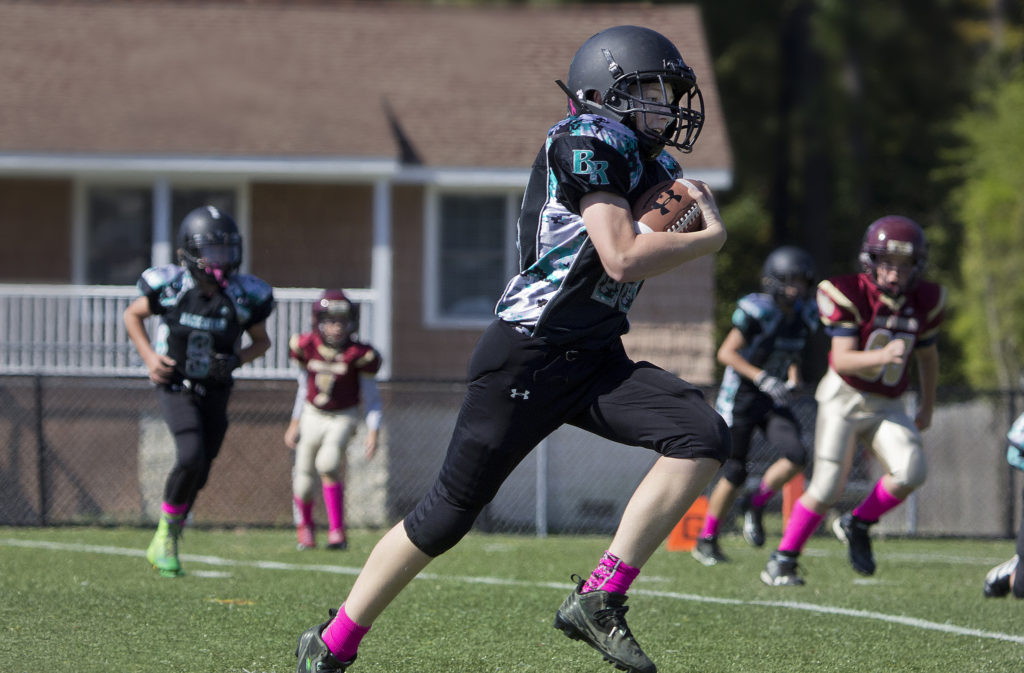In the decade since the effects of concussions in professional sports became widely and publicly known, younger athletes have been warned of the dangers involved in sustaining the most common type of traumatic brain injury. Although a large amount of concussions are triggered by playing football, they can happen in nearly all types of sports.
Although there are still contentions surrounding educating young student-athletes across the Commonwealth, a Virginia lawmaker has forwarded a bill to rectify the concerns of physicians, student-athletes, and the parents of school children who participate in sports that can become victims of head injuries.
H.B. 1930, introduced by Delegate Richard “Dickie” Bell (R-Staunton), would require the Virginia Board of Education to develop, biennially update, and distribute to each local school division guidelines on policies to inform and educate coaches, student-athletes, and their parents or guardians of the nature and risk of concussions.
Moreover, the guidelines would include the criteria for removal from and return to play after suffering a concussion, keeping the aforementioned parties abreast of the risks of not reporting the injury and continuing to play, and the effects of concussions on academic performance of student-athletes.
According to the legislation, the Board of Education is also directed to collaborate with the Virginia High School League, Virginia Department of Health, Virginia Athletic Trainers’ Association, Virginia Physical Therapy Association, representatives of the Children’s Hospital of the King’s Daughters, Children’s National Health System, Brain Injury Association of Virginia, American Academy of Pediatrics, Virginia College of Emergency Physicians, Virginia Academy Family Physicians, Virginia Association of School Nurses, a representative from a non-interscholastic youth sports program, and any other “interested stakeholders” to develop its guidelines.
If a student-athlete is suspected of having sustained a concussion, after being removed from further practice or play, they would be evaluated by a licensed health care provider, then given written clearance to return to the sport.
The bill also states that teachers, administrators, and other school personnel should be alert to cognitive and academic issues that may be experienced by a student-athlete who has suffered a concussion or other head injury.
The issues involved include difficulty with concentration, organization, long-term and short-term memory, sensitivity to bright lights and sounds, and short-term problems with speech, language, reasoning, planning, and problem solving.
Last Friday, the bill passed a vote in the House of Delegates 97-0. It now awaits deliberation by the Senate Education and Health Committee.

